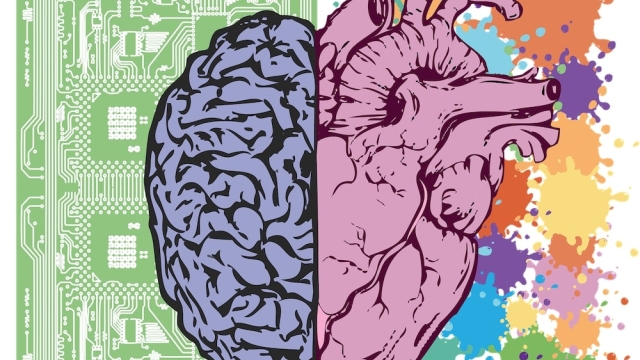
In the journey towards healing, counseling and therapy play pivotal roles in guiding individuals from periods of profound struggle to moments of newfound strength. The intersection of mental health challenges such as depression and addiction with the nurturing support of skilled professionals can pave the way for remarkable transformations. These transformative processes are deeply personal and unique to each individual, showcasing the resilience and courage inherent in the human spirit. Within the realm of counseling and therapy, individuals are offered not only tools to navigate their inner landscapes but also a safe space to explore their vulnerabilities and aspirations.
Approaches in Counseling and Therapy
When it comes to addressing depression in counseling and therapy, one prevalent approach is cognitive-behavioral therapy (CBT). This approach focuses on identifying and challenging negative thought patterns and behaviors that contribute to feelings of depression. By helping individuals reframe their perspectives and develop healthier coping strategies, CBT can empower clients to overcome depression.
For individuals struggling with addiction, a common therapeutic approach is motivational interviewing. This approach aims to enhance motivation for change by exploring ambivalence about addiction and empowering individuals to make positive decisions. Through open-ended questions and reflective listening, therapists can help clients navigate their relationship with addiction and move towards recovery.
In the realm of therapy for addressing addiction and depression simultaneously, integrated treatment approaches have shown promise. By combining elements of both addiction and depression treatment modalities, such as cognitive-behavioral therapy and addiction counseling, integrated approaches offer a comprehensive framework for addressing the complex interplay between these conditions.
Understanding Depression
Depression is a complex and multi-faceted mental health condition that can impact individuals in various ways. It goes beyond just feeling sad or down and can manifest as a persistent sense of hopelessness and despair. Those experiencing depression may find it challenging to engage in daily activities and may struggle to find joy in things they once enjoyed.
Symptoms of depression can range from feelings of worthlessness and fatigue to changes in appetite and sleep patterns. This pervasive sense of unease can affect one’s overall well-being and hinder their ability to function effectively. It is important for individuals experiencing depression to seek help from qualified mental health professionals who can provide support and guidance in navigating through these challenging emotions.
Counseling and therapy can be instrumental in helping individuals cope with and manage their depression. By exploring underlying thoughts and emotions, individuals can gain insight into the root causes of their depression and develop coping strategies to navigate through difficult times. Therapists work collaboratively with clients to create personalized treatment plans that cater to their unique needs and circumstances.
Clinton Township
Combatting Addiction
In the realm of counseling and therapy, combating addiction is a significant challenge that many individuals face. The journey from addiction to recovery is often marked by twists and turns, requiring dedication and support from professionals in the field. Counselors and therapists play a vital role in providing guidance and strategies to help clients navigate the complexities of addiction.
Depression and addiction are frequently intertwined, creating a complex web of challenges for those seeking healing. Through counseling and therapy, individuals can address the underlying issues contributing to their addictive behaviors, paving the way for sustainable recovery. By learning coping mechanisms and developing healthier habits, clients can gradually break free from the grip of addiction and move towards a more balanced and fulfilling life.
It is essential for individuals battling addiction to recognize that seeking help is not a sign of weakness, but a courageous step towards reclaiming control over their lives. With the right support and tools provided through counseling and therapy, individuals can build resilience and cultivate the strength needed to overcome addiction. The journey towards healing may be arduous, but with dedication and professional guidance, it is possible to emerge victoriously from the grips of addiction.
